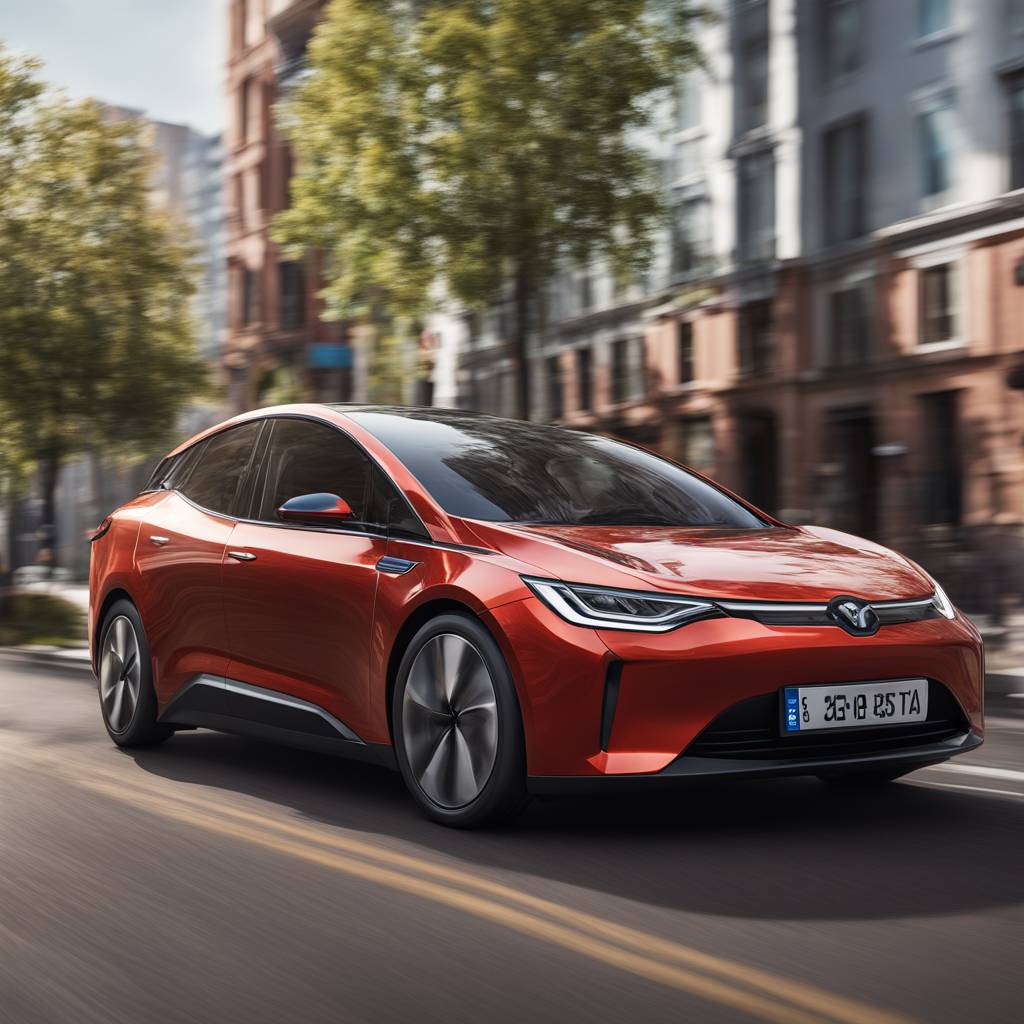Electric vehicles are becoming increasingly common in the US, with a variety of models from companies like Tesla, Rivian, Polestar, Ford, and General Motors hitting the roads. While the cost of purchasing an EV is still higher than that of a gas-powered car, the price gap is narrowing. In fact, with government incentives like a tax credit of up to $7,500, some EVs may actually be cheaper than traditional vehicles. A recent report found that potential EV buyers are willing to pay more for an EV due to the savings on overall ownership costs, which outweigh the initial premium.
The ongoing costs of owning an EV are significantly lower than those of a gas-powered car, despite the higher upfront cost. EVs are more efficient, have fewer moving parts, require less maintenance, and are cheaper to fuel. A report from Atlas Public Policy illustrates the cost differences, showing that after seven years of ownership, an electric Chevrolet Bolt EUV is $10,500 less expensive to own than a gas-powered Toyota Corolla LE. The savings extend to other vehicle types as well, such as pickup trucks, SUVs, and sedans.
While there are additional costs associated with EV ownership, such as home charger installations and longer charging times, the total ownership costs of an EV are still likely to be lower overall. As EV prices continue to decrease and become more competitive with gas-powered cars, the potential for savings increases. The lower prices, combined with government incentives and reduced total ownership costs, may lead to a tipping point in EV adoption, making it difficult for drivers to resist the cost savings and benefits of driving an EV.
The main reason EV owners are willing to pay a higher upfront cost for their vehicles is the significant savings in ownership costs over time. Additionally, some early adopters of EVs were driven by environmental concerns, but as EVs become more mainstream, the appeal of these vehicles is broadening to a wider range of drivers. The need for more selection at mass-market price points, like the shelved Tesla Model 2 expected to be priced under $30,000, could further drive down prices and increase competition among EV manufacturers.
As the EV market continues to evolve and expand, EV adoption may reach a tipping point where the lower total ownership costs and other benefits make it difficult for drivers to resist making the switch from gas-powered vehicles. With ongoing advancements in technology, lower prices, and a wider range of models available, EVs are becoming increasingly appealing to a broader market of consumers. The potential for long-term cost savings and environmental benefits may be key factors in accelerating the transition to mass-market adoption of electric vehicles.












